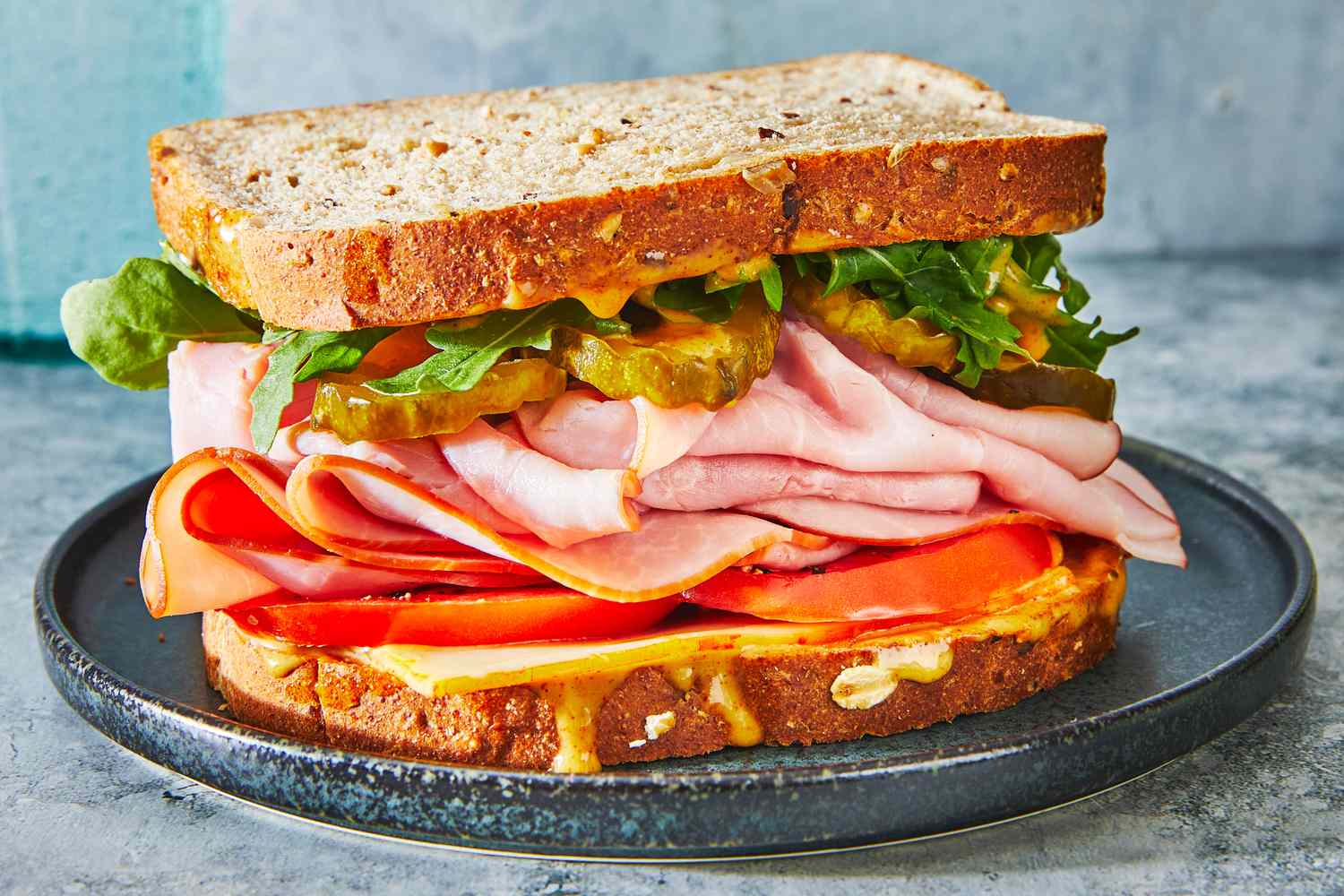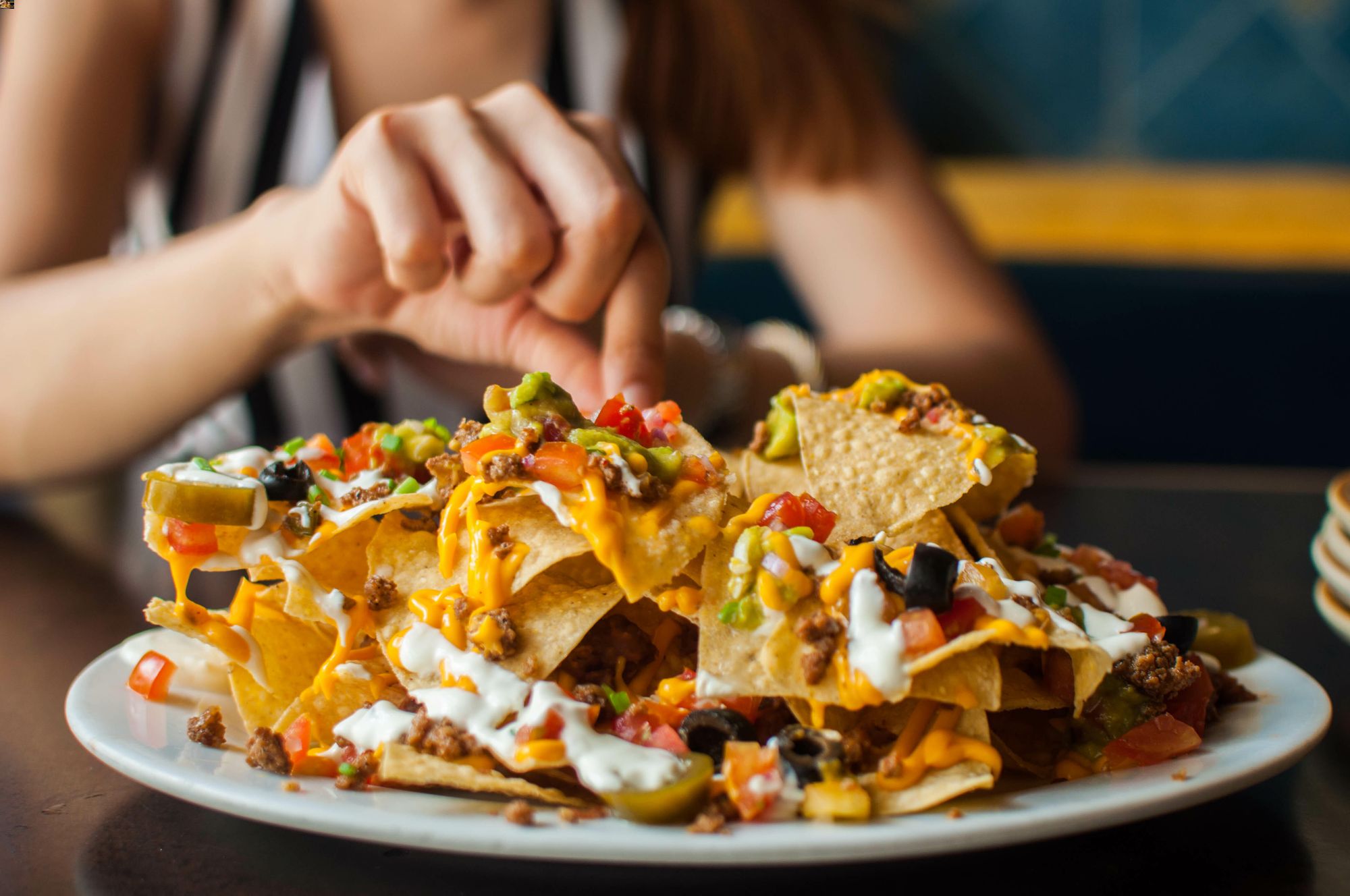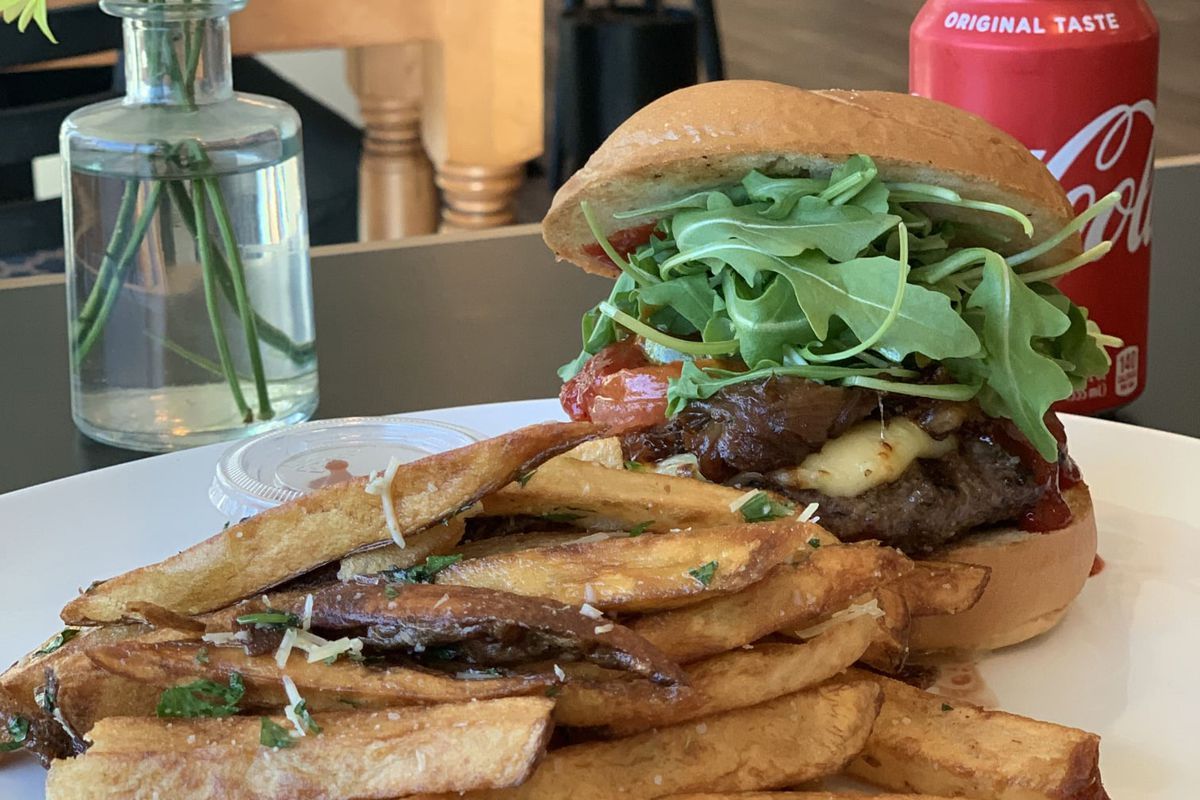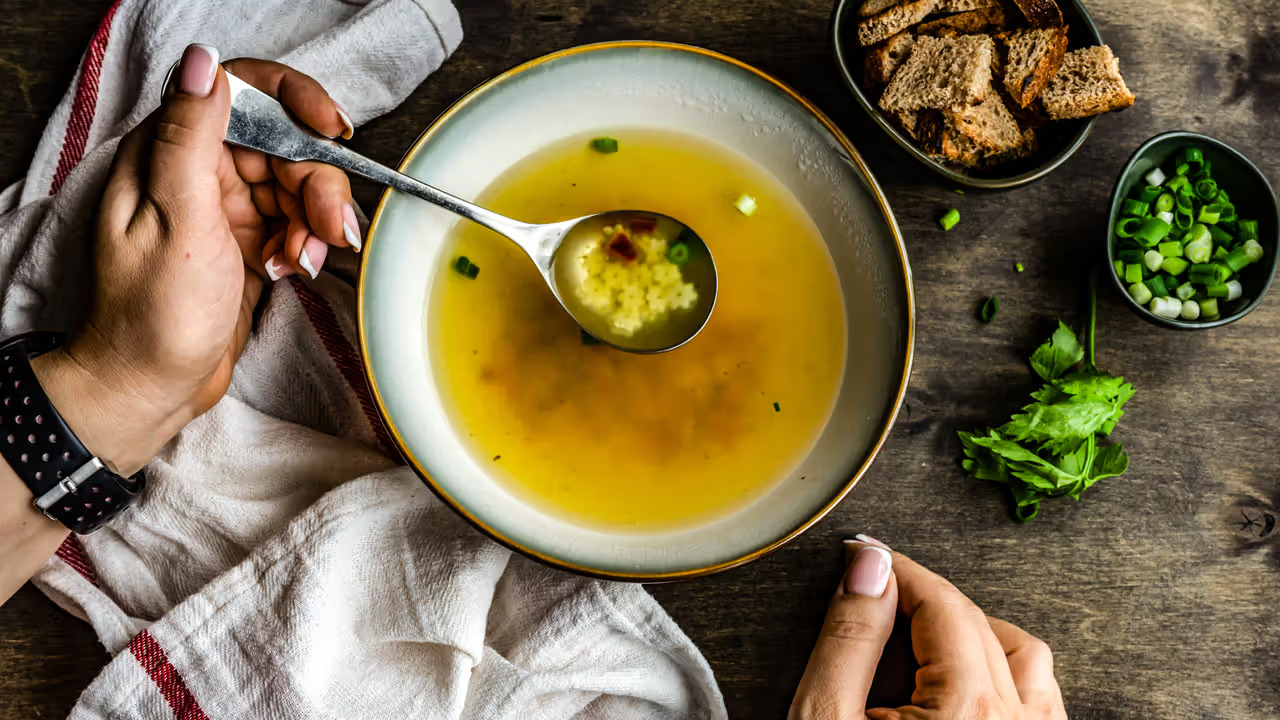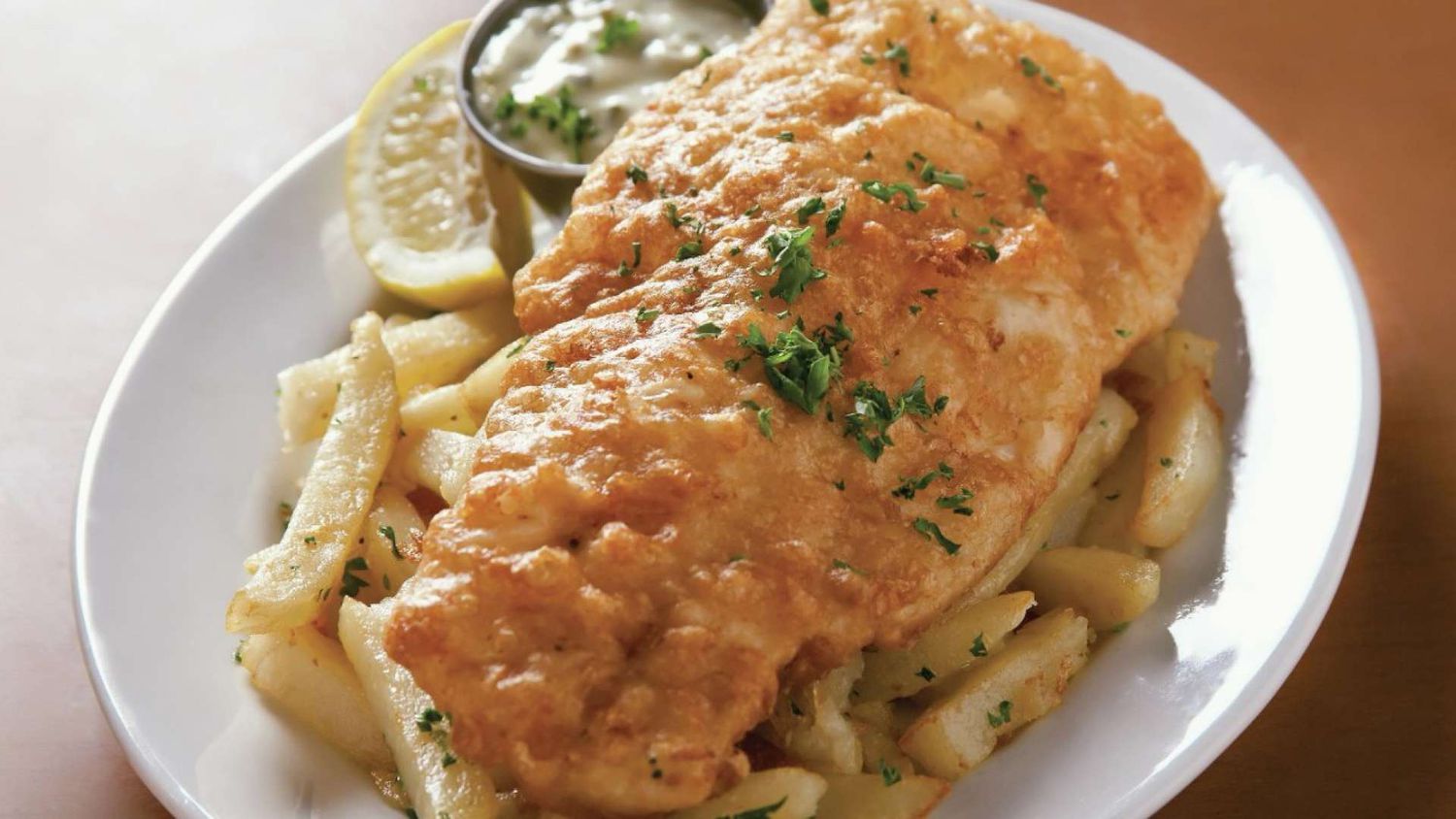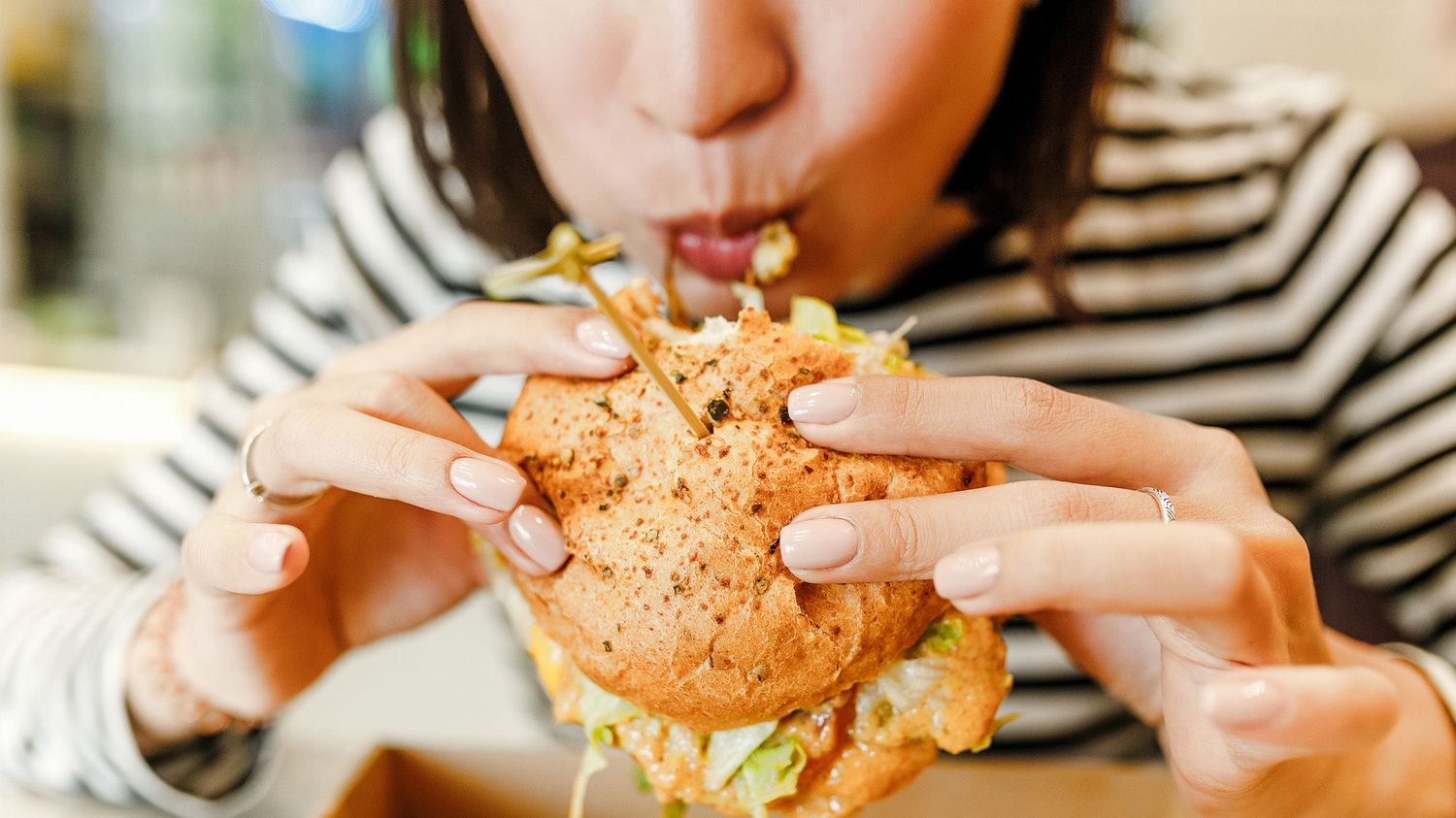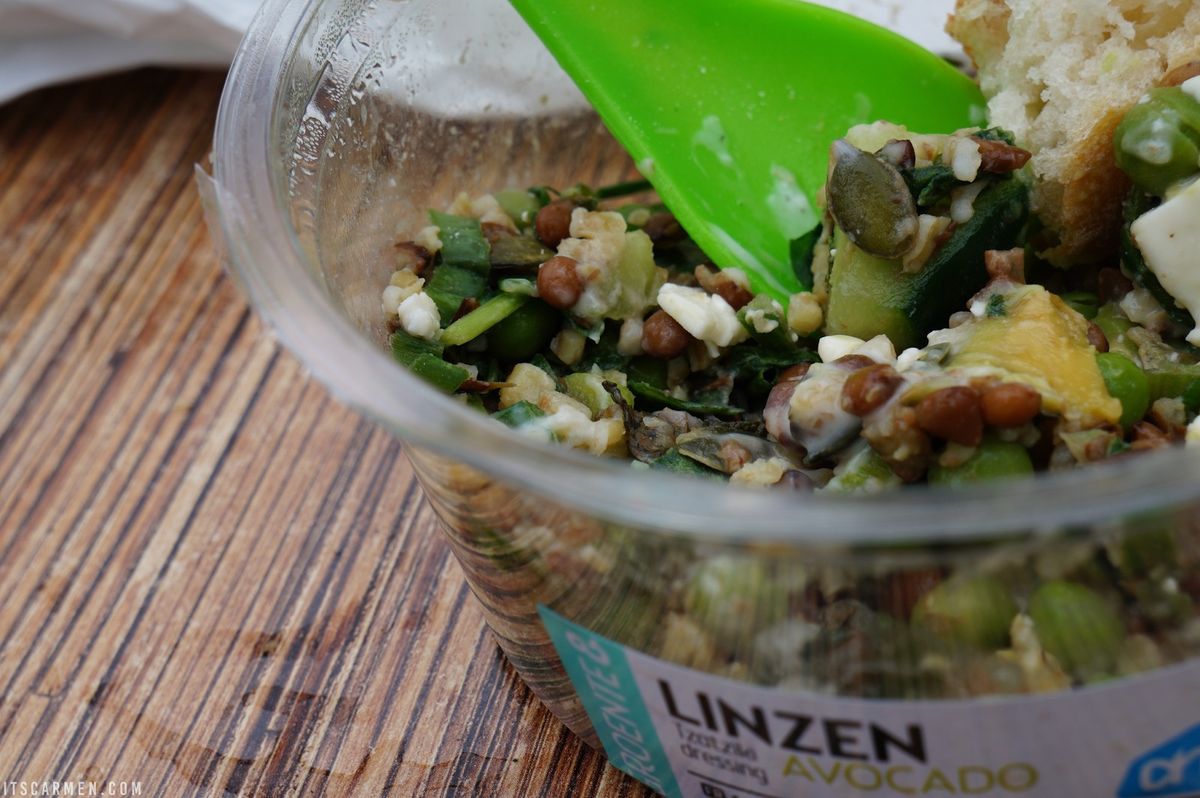How to Enjoy Your Meals When You’re Not a Fan of Certain Foods
Do you find yourself struggling to eat certain foods because you find them disgusting? You’re not alone. Many people have strong aversions to certain foods, which can make mealtime a challenge. However, there are strategies you can use to make the experience more enjoyable. Here are some tips for how to eat when you find food disgusting:
1. Experiment with Different Cooking Methods
One way to make foods more palatable is to experiment with different cooking methods. For example, if you don’t like the taste or texture of steamed vegetables, try roasting them instead. The caramelization that occurs during roasting can bring out new flavors and textures that you might enjoy more. Similarly, if you find certain meats to be tough or unappealing, try slow-cooking them in a stew or braise to make them more tender and flavorful.
2. Get Creative with Seasonings and Sauces
Seasonings and sauces can work wonders in transforming the flavor of foods. If you find plain steamed broccoli to be unappetizing, try tossing it with some garlic, lemon zest, and Parmesan cheese. If you’re not a fan of plain chicken breast, experiment with different marinades and sauces to add depth and flavor. By getting creative with seasonings and sauces, you can make even the most unappealing foods more enjoyable.
3. Pair Disliked Foods with Favorites
Another strategy for dealing with foods you find disgusting is to pair them with foods you love. For example, if you don’t enjoy the taste of plain tofu, try adding it to a stir-fry with your favorite vegetables and a flavorful sauce. By combining disliked foods with ones you enjoy, you can make the overall eating experience more enjoyable.
4. Gradually Expose Yourself to Disliked Foods
If there are foods you find disgusting but would like to learn to enjoy, consider gradually exposing yourself to them. Start by incorporating small amounts of the food into dishes you already enjoy, and gradually increase the portion size over time. This gradual exposure can help desensitize your aversion and make the food more tolerable.
5. Focus on the Health Benefits
When faced with a food you find disgusting, try to focus on the health benefits it provides. Remind yourself of the nutrients and vitamins it contains, and how it contributes to your overall well-being. By shifting your focus from the taste to the nutritional value, you may find it easier to incorporate the food into your diet.
6. Seek Out Alternative Options
If there are certain foods you simply cannot bring yourself to enjoy, don’t force it. Instead, seek out alternative options that provide similar nutritional benefits. For example, if you can’t stand the taste of spinach, try incorporating other leafy greens like kale or Swiss chard into your meals.
By using these strategies, you can make the experience of eating foods you find disgusting more enjoyable and less of a chore. Remember that everyone has different tastes and preferences, and it’s okay to not enjoy certain foods. The key is to find ways to make mealtime enjoyable and satisfying for you.
More Delicious Recipes to Tantalize Your Taste Buds
For those struggling with food aversions, the key to enhancing your dietary experience lies in exploring recipes that not only excite the palate but also incorporate a variety of textures and flavors. Consider starting with the flavorful roasted broccoli, a dish that combines the comforting crunch of roasted broccoli with a rich, cheesy topping. If you're looking for something sweet and soothing, the sweet glazed carrots offer a delightful taste with their caramelized finish. For a more robust meal, the spicy chicken mango introduces a zesty contrast between the spicy chicken and the sweet, refreshing salsa. These recipes provide a gentle yet flavorful introduction to overcoming food dislike, making them ideal candidates for your next culinary attempt.


